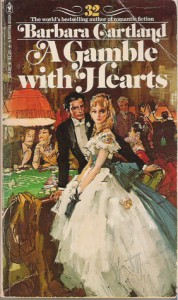
Victoria Lynn Hayden, known as Torey L. Hayden (born May 21, 1951 in Livingston, Montana) is a child psychologist, special education teacher, university lecturer and writer of non-fiction books based on her real-life experiences with teaching and counselling children with special needs.
Subjects covered in her books include autism, Tourette syndrome, sexual abuse, fetal alcohol syndrome, and elective mutism (now called selective mutism), her specialty
Torey Hayden's book "Just Another Kid" is not just another book. Though each page turns on the mysteries of emotional disturbance, sex, alcoholism, violence and crime of all dimensions, the reader emerges from the experience convinced the world can be loving, caring, warm and orderly. The diagnostic labels on the six children in this story - elective mutism, schizophrenia, autism, mental retardation - hardly suggest the repugnance of these little people, who will not speak, who move their bowels at random, who hoot and masturbate on chair legs. Yet, we become intensely involved in how and when they will be transformed.
And if the six small boys and girls are not enough, a disordered parent arrives on the scene. She is Ladbrooke, mother of autistic Leslie, formidably elegant, seductive, bristling with beauty, but also alcoholic, promiscuous and speechlessly hostile.
The core of this story is Ladbrooke's and Torey's developing friendship, reminding us that love takes many forms. Ladbrooke wants to be "just another kid" in the class. The colloquial title signals the moral of this book: life is most fully realized while relating to and engaging others. And this remarkable teacher's memoir convinces the reader that one of the most demanding jobs in education, a task not long ago dismissed as hopeless, may be richly and creatively rewarding.
Torey didn't set out to write about Ladbrooke in JUST ANOTHER KID. She only intended to write about the children and include Ladbrooke only in her capacity as aide in the classroom. But as the book progressed, Torey was surprised to find it had become Ladbrooke's story.
Alarmed that her publishers might not like this deviation from the synopsis they'd purchased, she mailed the 250-page uncompleted manuscript in a panic to her editor over Christmas that year to find out if she should proceed. Fortunately, everyone liked the "story that wrote itself".

 1
1
 1
1























